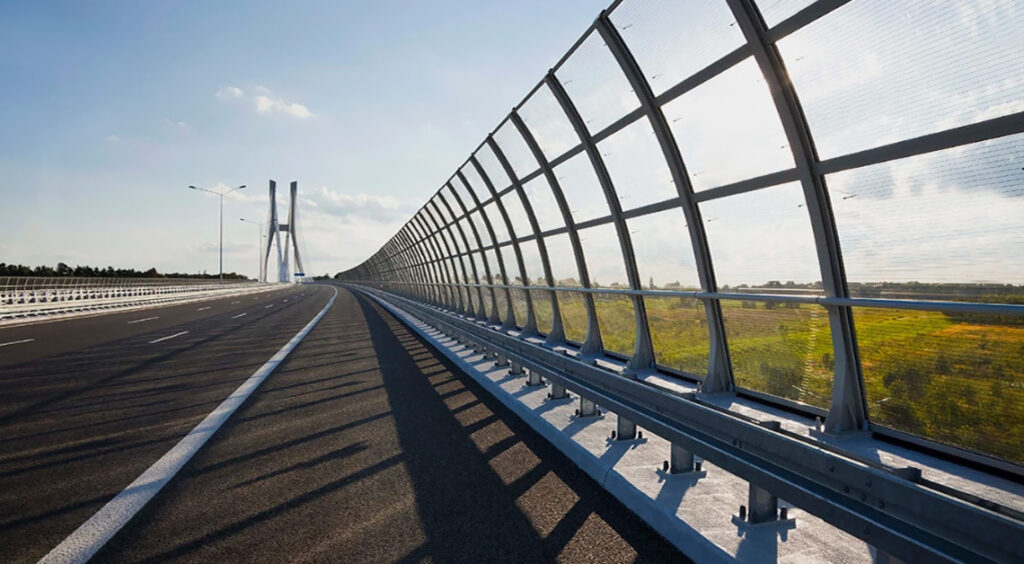Noise barriers can help reduce noise levels in medical facilities, creating a more calming atmosphere for patients and staff. Noise barriers are designed to block out disruptive noise and create a peaceful environment.
While they can help filter out the noise from busy hallways, roads, and construction sites, they can also be used to block out the sound of medical equipment, voices, and other noises that can make for an otherwise stressful atmosphere. By having these noise barriers in place, it will allow for a calmer atmosphere for both patients and staff to enjoy.
Improving communication lines
Noise barriers can also help improve communication between healthcare professionals and patients. Noise barriers provide an acoustic shield, blocking and deflecting noise away from a designated area. This is especially beneficial in hospitals, where patient care and privacy are of the utmost importance.
In addition to the benefits to patient-doctor interactions, noise barriers can be beneficial for the comfort of healthcare staff, providing them with a quieter setting in which to work. They also act as a deterrent to potential intruders, thus providing a degree of safety for everyone involved. Noise barriers are an important tool for any healthcare facility and should be implemented whenever necessary.
Increased privacy
Additionally, noise barriers can help protect the privacy of patient records and conversations, ensuring patient confidentiality is maintained Besides providing relief to residents near traffic-heavy areas, noise barriers can also be used to protect patient confidentiality. They can help block sound from entering a location, thereby preventing sound waves from carrying private conversations or patient records beyond the designated area. Therefore, noise barriers can be a helpful tool in ensuring patient confidentiality is maintained.
Physiological Benefits of Noise barriers
Studies have shown that noise barriers can reduce levels of noise pollution, leading to improved sleep and lower stress levels. This is especially beneficial in densely populated and urban areas where traffic noise can be a constant source of irritation.
Noise barriers help to create an environment that is quieter, more peaceful and conducive to relaxation, something which all residents of busy cities could benefit from. They are also effective in mitigating the potentially harmful effects of high levels of sound exposure on health. Ultimately, noise barriers provide peace of mind by blocking out some of the loudest noises that interrupt day-to-day life.
Noise barriers can also help to reduce traffic-related air pollution by blocking out the noise from vehicles. Installing noise barriers along highways and roads can effectively contain the noise generated by traffic and reduce its overall impact. This, in turn, leads to a decrease in air pollution from exhaust fumes, as well as a quieter environment for nearby communities.
Noise barriers can also be beneficial in controlling vibrations from traffic which might cause damage to nearby buildings and homes. With the right noise barrier design, noise pollution can be reduced significantly, making for healthier living environments for surrounding areas.
Conclusion
Noise barriers are an effective way of reducing noise pollution in areas with high levels of traffic or other noisy activities. These barriers are typically constructed from dense materials such as concrete or metal, which absorb sound waves and reduce the level of noise reaching nearby homes or workplaces. Noise barriers do not completely remove all noise but can greatly reduce the effect of it, ensuring that people living in areas with high levels of traffic noise can still enjoy a peaceful environment.












